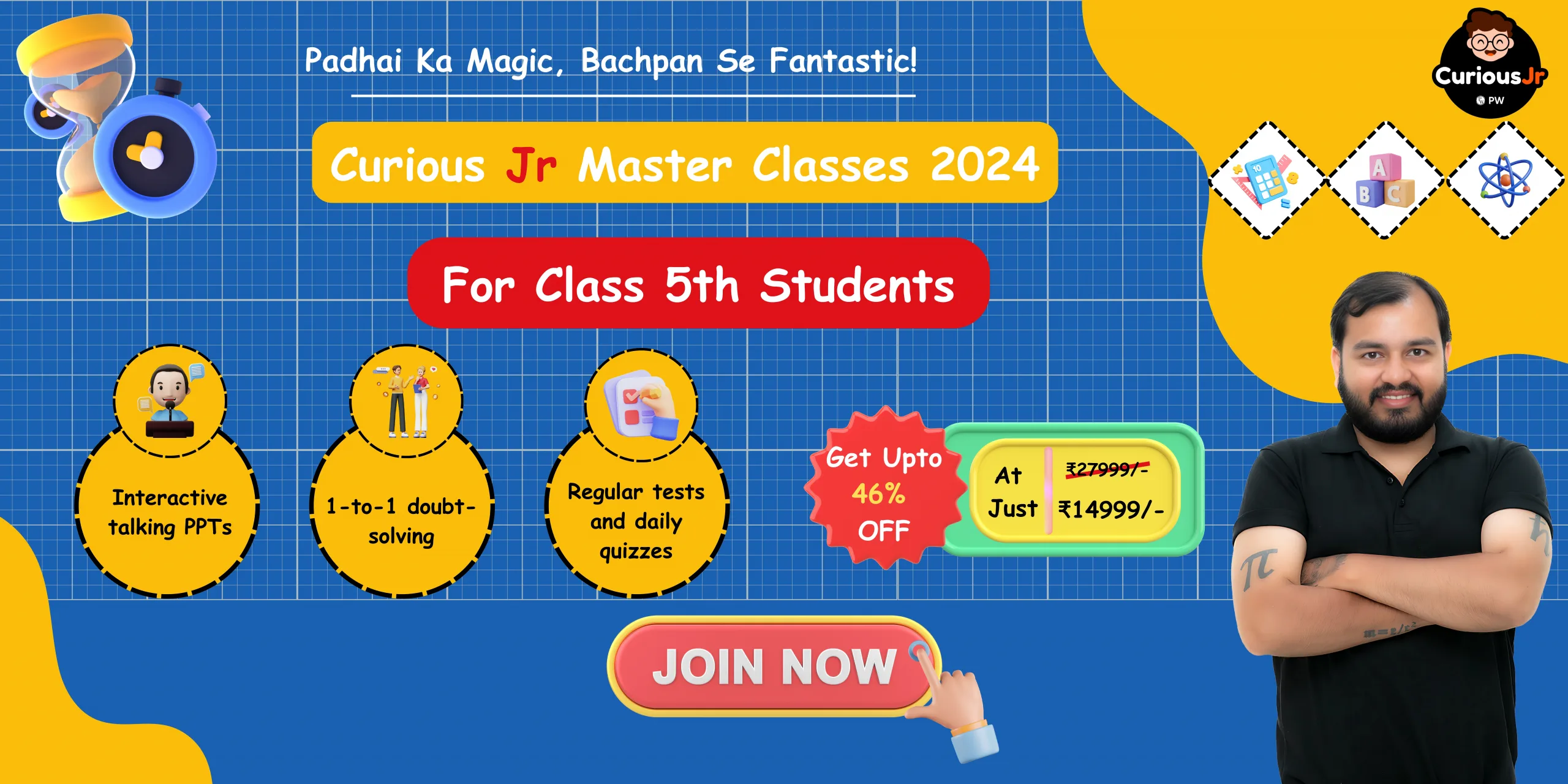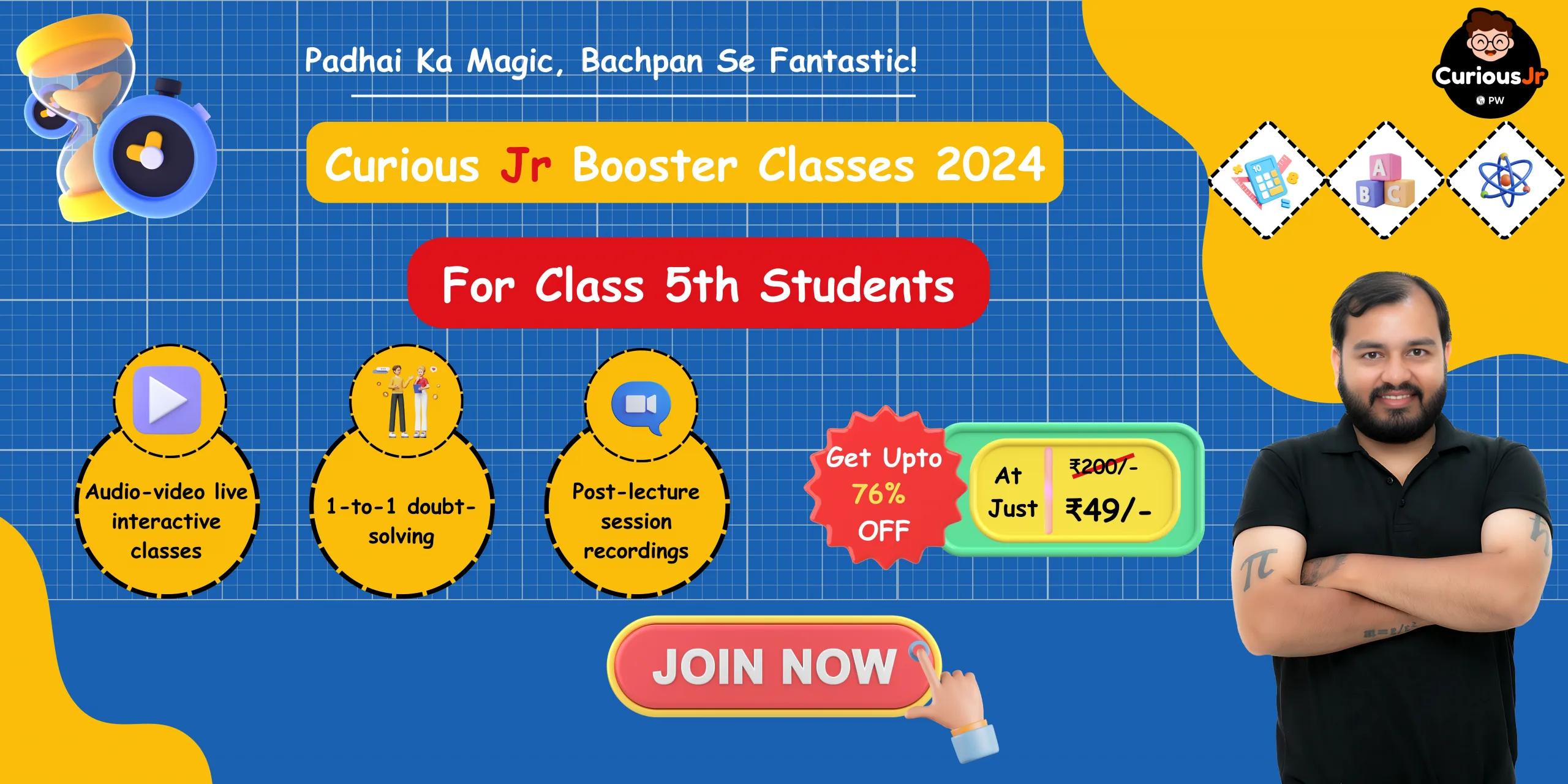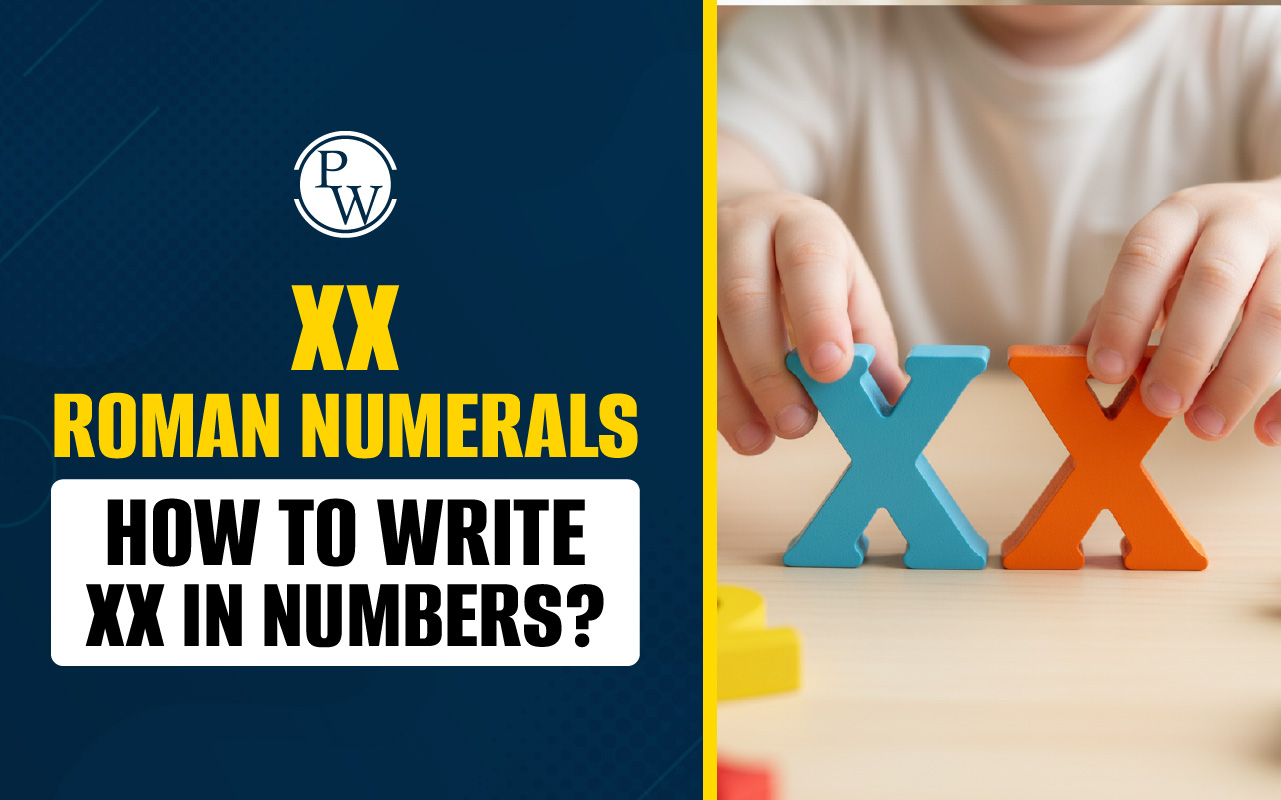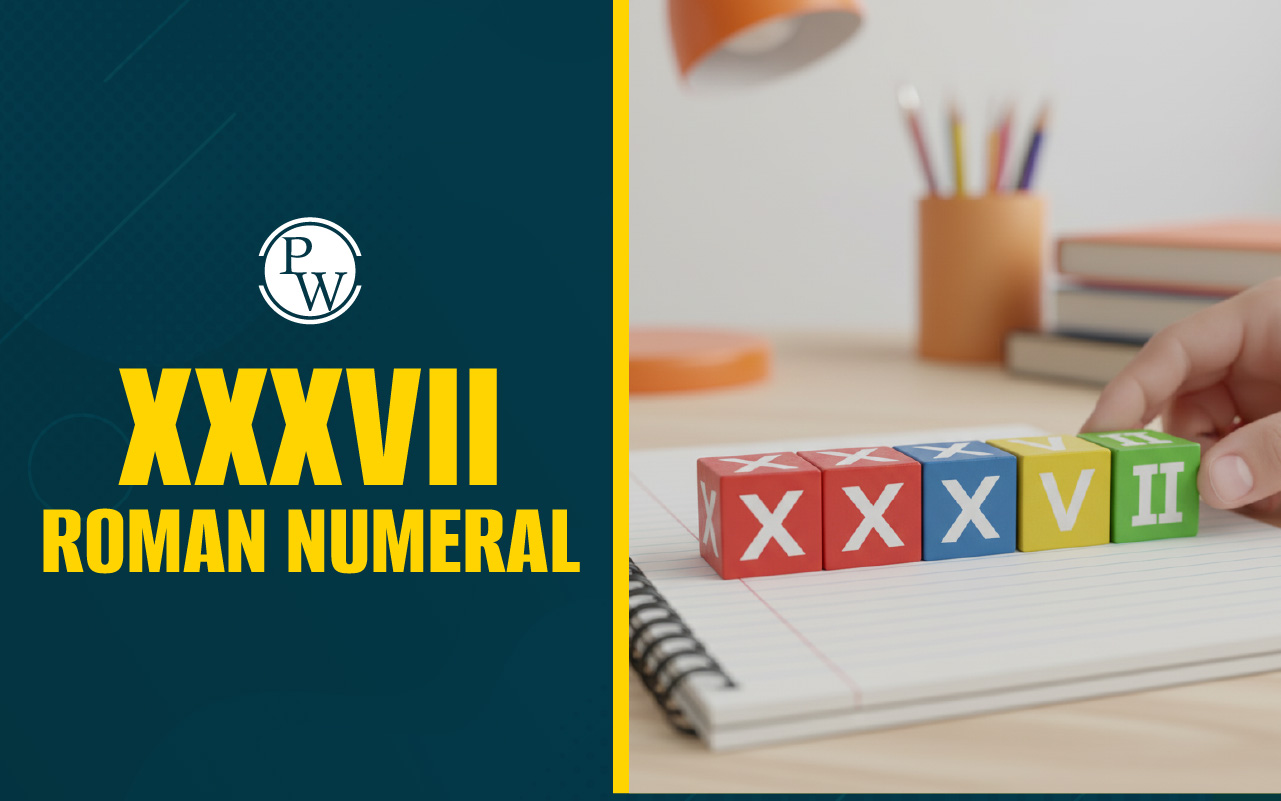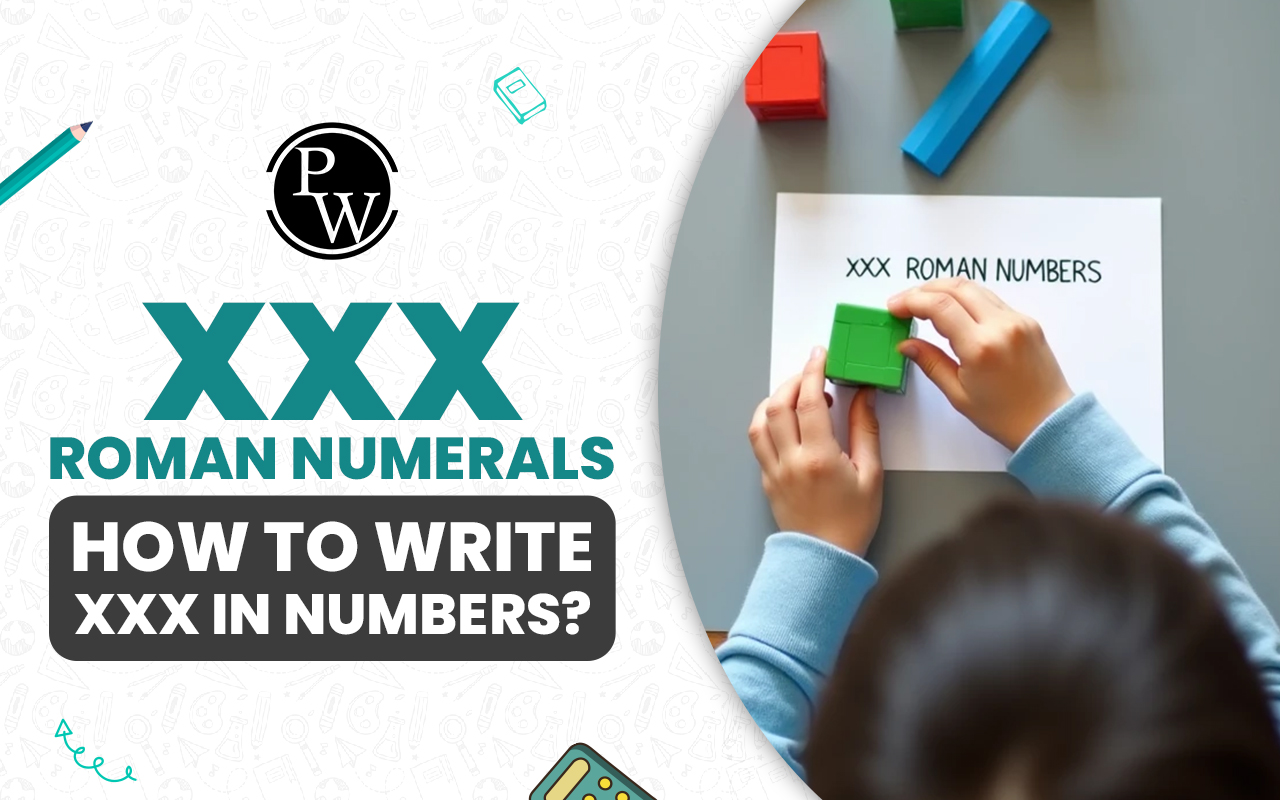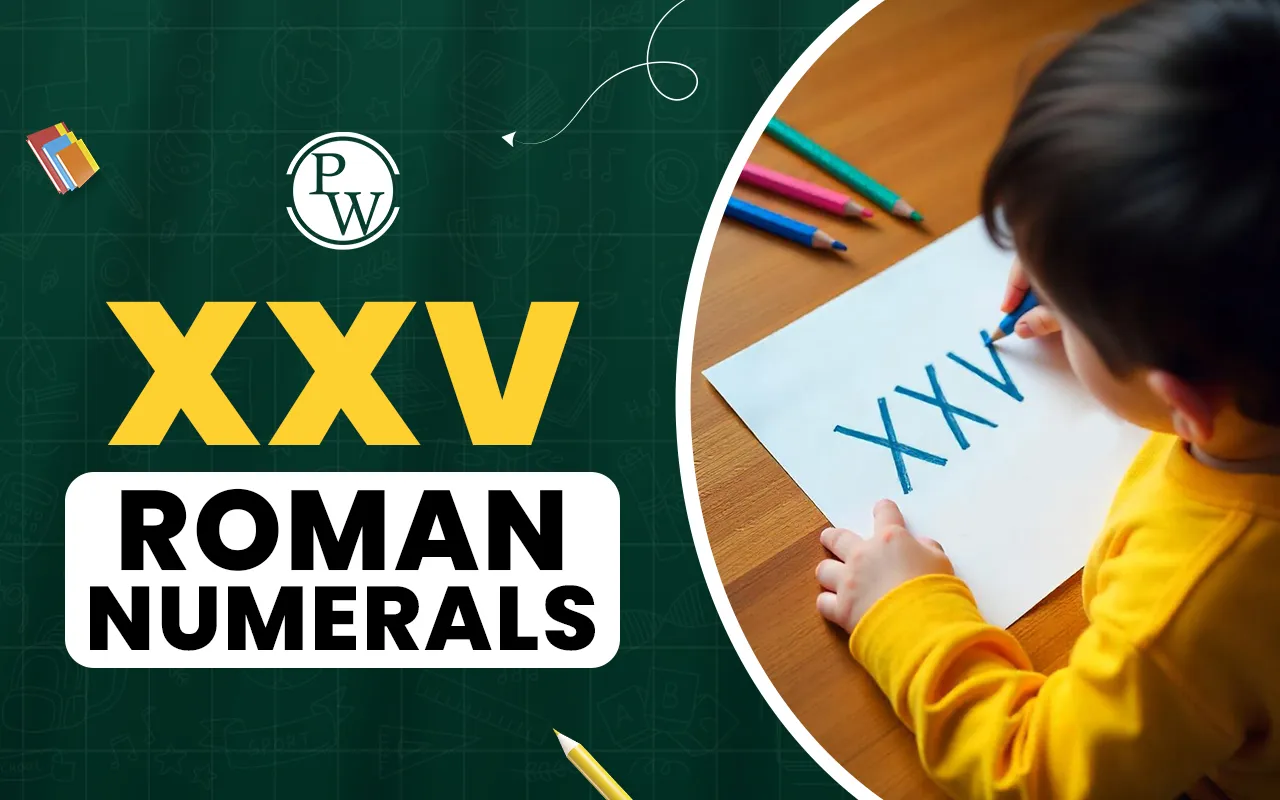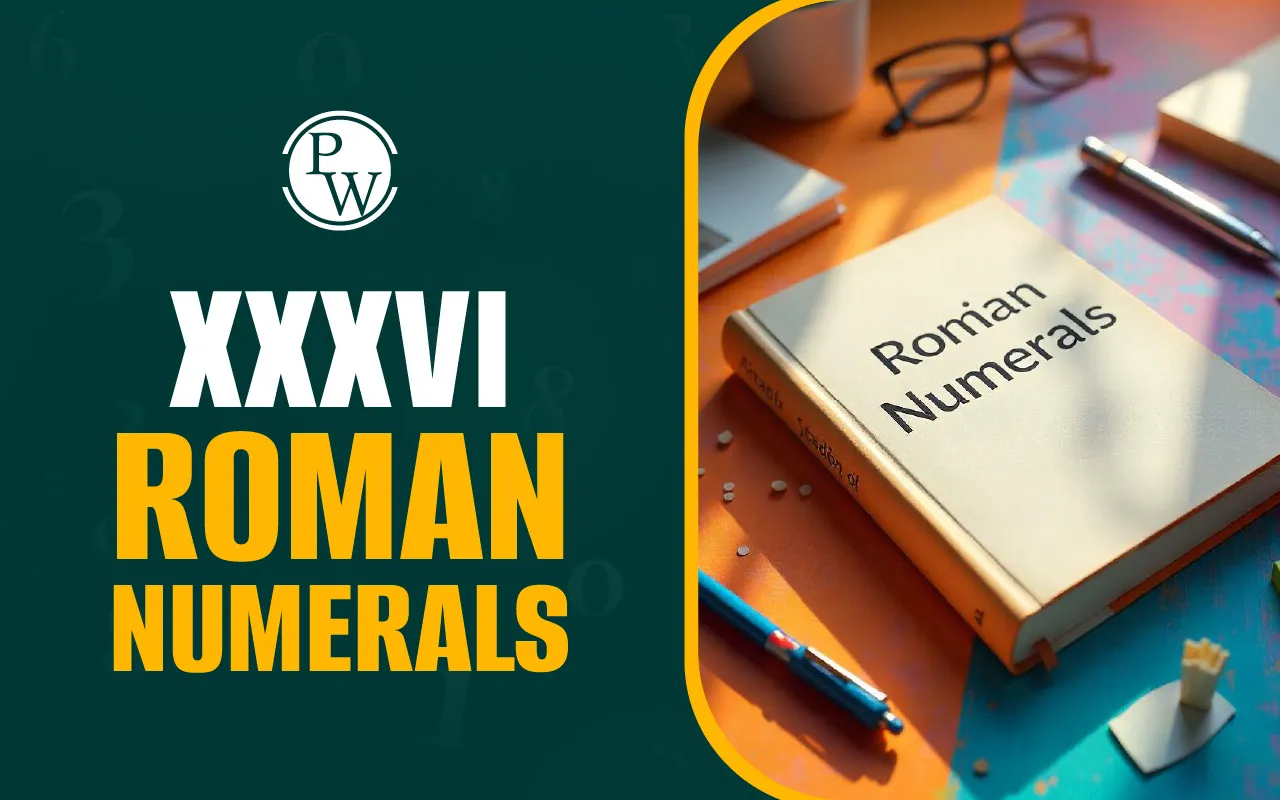
NCERT Solutions for Class 5 English Marigold Chapter 6: NCERT Solutions for Class 5 English Marigold Chapter 6 are like helpful guides that give clear answers to all the questions in the textbook. These solutions are made to make it easy for students to understand the chapter well. In Chapter 6, you'll find interesting stories and poems that will help you get better at reading and understanding English.
They are made to help you understand the chapter better, do well in your exams, and enjoy learning English. These solutions follow the latest CBSE guidelines, so you can trust them to be accurate and helpful.NCERT Solutions for Class 5 English Marigold Chapter 6 Overview
Class Discussion
In Class Discussion, the story revolves around a classroom discussion where students share their opinions about what they want to become when they grow up. The story highlights the diversity of dreams and aspirations among children and emphasizes the importance of respecting each other's choices.The Talkative Barber
In The Talkative Barber, the story follows a barber who loves to gossip and talk endlessly. One day, he gets into trouble when he shares a secret with the king's soldiers. The story teaches a valuable lesson about the consequences of gossiping and the importance of keeping secrets. By studying these solutions, students can improve their comprehension skills and appreciate the rich storytelling found in Class 5 English literature.NCERT Solutions for Class 5 English Marigold Chapter 6 PDF
You can access the NCERT Solutions for Class 5 English Marigold Chapter 6 by clicking on the provided PDF link. These solutions provide comprehensive explanations and answers to the questions and exercises in the textbook. Accessing the solutions in PDF format provides convenience and ease of use, allowing students to study anytime, anywhere.NCERT Solutions for Class 5 English Marigold Chapter 6 PDF
NCERT Class 5 English Chapter 6 Class Discussion
Class Discussion
1. What activity was going on in the class?
Solution:
The activity which was going on in the class was a discussion.2. Who was the quiet one in the class?
Solution:
The student named Jane was the quiet one in the class.3. Why was she quiet?
(i) she was afraid to air her opinions.
(ii) she hated the noise.
(iii) she didn’t like the activity.
(iv) she was quiet by nature.
Solution:
(iv) Jane was quiet because she was quiet by nature.4. How do you interact in class during discussions? Do you participate or remain quiet?
Solution:
No. I don’t like to be quiet. I diligently participate in class discussions.5. Choose two friends in your class who are very different from each other. Use the clues in the box to describe their nature. You may also add your own words to describe them.
| naughty | lively | sharing | careless | studious |
| quiet | friendly | helpful | regular | cheerful |
Solution:
Ajay and Mohan, two classmates, couldn't be more different in nature. Ajay's demeanor is marked by mischief and carelessness, while Mohan exudes friendliness and helpfulness. Ajay's chattiness often leads him to speak out of turn, even during class, whereas Mohan is the epitome of restraint, displaying a quiet, cheerful disposition. In contrast to Ajay's casual approach, Mohan is diligent and dedicated to his studies, ensuring he completes his work punctually. Despite their contrasting personalities, their friendship thrives on mutual respect and acceptance of each other's unique traits.6. Fill in the grid given below by assigning qualities to each person. Some clues are given here to help you.
Clues
Sangeeta lends her pencil to her partner.
Nirav is also called a chatterbox.
Pranav recently saved a cat from drawing in the lake.
Megha is just the opposite of Nirav.
Mithila always teases everyone.
Ritu is always seen with a book in hand.
| brave | naughty | quiet | talkative | generous | studious | |
| Nirav | ||||||
| Pranav | ||||||
| Megha | ||||||
| Mithila | ||||||
| Ritu | ||||||
| Sangeeta |
Solution:
A notice tells who, when, where and what.
The girls and boys of Class V wrote notices for the bulletin board.
7. Read Sheela’s notice. Discuss the questions that follow.
1. Who was to meet?
2. When were they to meet?
3. Where were they to meet?
4. What were they to do?
Solution:
1. The drama committee was to meet. 2. They were to meet on Monday, at 2 O’clock. 3. They were to meet in the classroom. 4. For the Annual Day, they were to plan a play.8. Write a notice about a library committee or a football match.
Solution:
| Notice This is to inform all the students that our school is organising a football match between B.V.B. school and our school on 27th May at 2 p.m. Students who are interested are requested to give their names to their Physical Education teacher.
Rohan |
NCERT Class 5 English Chapter 6 The Talkative Barber
The Talkative Barber
1. How many brothers did the Barber have?
Solution:
The barber had six brothers.2. Why was the Sultan in a hurry?
Solution:
Sultan invited some of his friends to a feast at noon. Hence, he was in a hurry to leave.3. Why did the barber take so long to shave the Sultan?
Solution:
The barber was busy talking all the time. Therefore, he took so long to shave the Sultan.4. Write True or False.
(i) The Barber was shaving the Sultan’s beard. ________
(ii) The Sultan gave him three gold coins. _________
(iii) The Barber refused to leave the Sultan’s palace. _______
(iv) There were seven brothers altogether in the Sultan’s family. ____________
Solution:
(i) False (ii) True (iii) True (iv) False5. Why did the Barber want a lot of food?
Solution:
The Barber had extended invitations to four or five friends for a meal at his house, but to his dismay, he had completely forgotten about the preparations required for the occasion. Realizing his oversight, he found himself in a predicament, as he now needed to arrange a considerable amount of food to accommodate his guests.6. Did the Sultan enjoy the Barber’s talk? Why do you say so?
Solution:
The Sultan didn't find pleasure in the Barber's talk; rather, he was willing to relinquish all the food prepared for him just to rid himself of the Barber's incessant chatter.7. Which part of the story did you find the funniest?
Solution:
The funniest part of the story was when the Barber started to examine the dishes leaving behind the Sultan’s head half shaved.8. What are the things the Sultan gave to the Barber?
Solution:
The Sultan gave him three pieces of gold, all the food prepared for him, and the fruits.9. Do you think the Sultan was really very generous? Why do you say so?
Solution:
I am not sure whether the Sultan was really very generous because, in my opinion, he showed his generosity to get his head fully shaved.10. Study the words in the first column and see the changes in them in the second column. The words in Column II are the opposites of the words in Column I.
I II
important unimportant
patient impatient
pleasure displeasure
Now write the opposites of the following using un-, im-, dis-.
(i) believe _____________________________
(ii) shaved _____________________________
(iii) perfect _____________________________
(iv) satisfy _____________________________
(v) polite _____________________________
(vi) respect _____________________________
(vii) pure _____________________________
(viii) expected _____________________________
(ix) obedient _____________________________
Solution:
(i) believe disbelieve (ii) shaved unshaved (iii) perfect imperfect (iv) satisfy dissatisfy (v) polite impolite (vi) respect disrespect (vii) pure impure (viii) expected unexpected (ix) obedient disobedient11. Fill in the blanks by adding un-, im- or dis- to the words given in the box.
| tidy | patient | kind | like |
| able | appear | possible |
(i) The teacher got upset with Rani because her work was _________________.
(ii) The dog was_________________ to climb the tree to chase the cat.
(iii) I _________________hot milk, I like it cold.
(iv) It is _________________ to cross the road during peak traffic hours.
(v) The magician waved his magic wand and made the rabbit _________________.
(vi) The passengers became_________________when the train was late again.
(vii) It is very_________________to make fun of another person’s weaknesses.
Solution:
(i) The teacher got upset with Rani because her work was untidy. (ii) The dog was unable to climb the tree to chase the cat. (iii) I dislike hot milk, I like it cold. (iv) It is impossible to cross the road during peak traffic hours. (v) The magician waved his magic wand and made the rabbit disappear. (vi) The passengers became impatient when the train was late again. (vii) It is very unkind to make fun of another person’s weaknesses.12. Notice the highlighted words in the sentence given below.
You ordered me to come, so I will not quit your house till I have shaved you.
While he was shaving me, he could not stop talking.
Now use the joining words given in the box to fill in the blanks.
| if | or | till | where | unless | so | while |
(i) Please wait with me ____________ the bus arrives.
(ii) Do you like football ___________ cricket?
(iii) My father packed my lunch _________ my mother combed my hair.
(iv) We will reach on time ___________ we go by car.
(v) Your speech cannot be heard by the audience ___________ you use a powerful mike.
(vi) It was a beautiful day ____________ they decided to go for a picnic.
(vii) We went to the zoo ___________ we saw many animals.
Solution:
(i) Please wait with me till the bus arrives. (ii) Do you like football or cricket? (iii) My father packed my lunch while my mother combed my hair. (iv) We will reach on time if we go by car. (v) Your speech cannot be heard by the audience unless you use a powerful mike. (vi) It was a beautiful day, so they decided to go for a picnic. (vii) We went to the zoo where we saw many animals.13. Look at the words in the bubbles. Write what you do when you are at a
(i) feast? ______________
(ii) race? ______________
(iii) cricket match? ______________
(iv) cinema? ______________
(v) fair? ______________
(vi) party? ______________
(i) drink, enjoy, serve (ii) run, cheer, compete. (iii) play, win, cheer. (iv) sit, enjoy. (v) buy, shout, ride. (vi) dance, sing, greet, play.Benefits of NCERT Solutions for Class 5 English Marigold Chapter 6
Comprehensive Understanding: The solutions provide a thorough explanation of the chapter's content, ensuring students grasp the concepts and themes effectively.
Clarity of Concepts: Complex topics are broken down into simple explanations, making it easier for students to understand and retain information.
Improved Reading and Comprehension Skills: By solving with the solutions, students enhance their reading comprehension skills, vocabulary, and language proficiency.
Time-saving: The solutions provide quick and easy access to accurate answers, saving students time and effort in searching for explanations.
NCERT Solutions for Class 5 English Marigold Chapter 6 FAQs
What happens in the story "Class Discussion"?
What is the moral lesson in "The Talkative Barber"?
How does the barber get into trouble in "The Talkative Barber"?
What message does "The Talkative Barber" convey about gossiping?
How do the stories in Chapter 6 contribute to character development?

